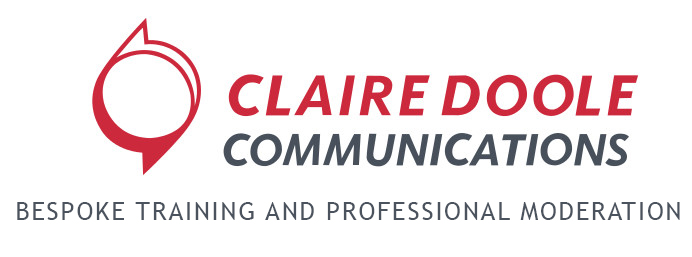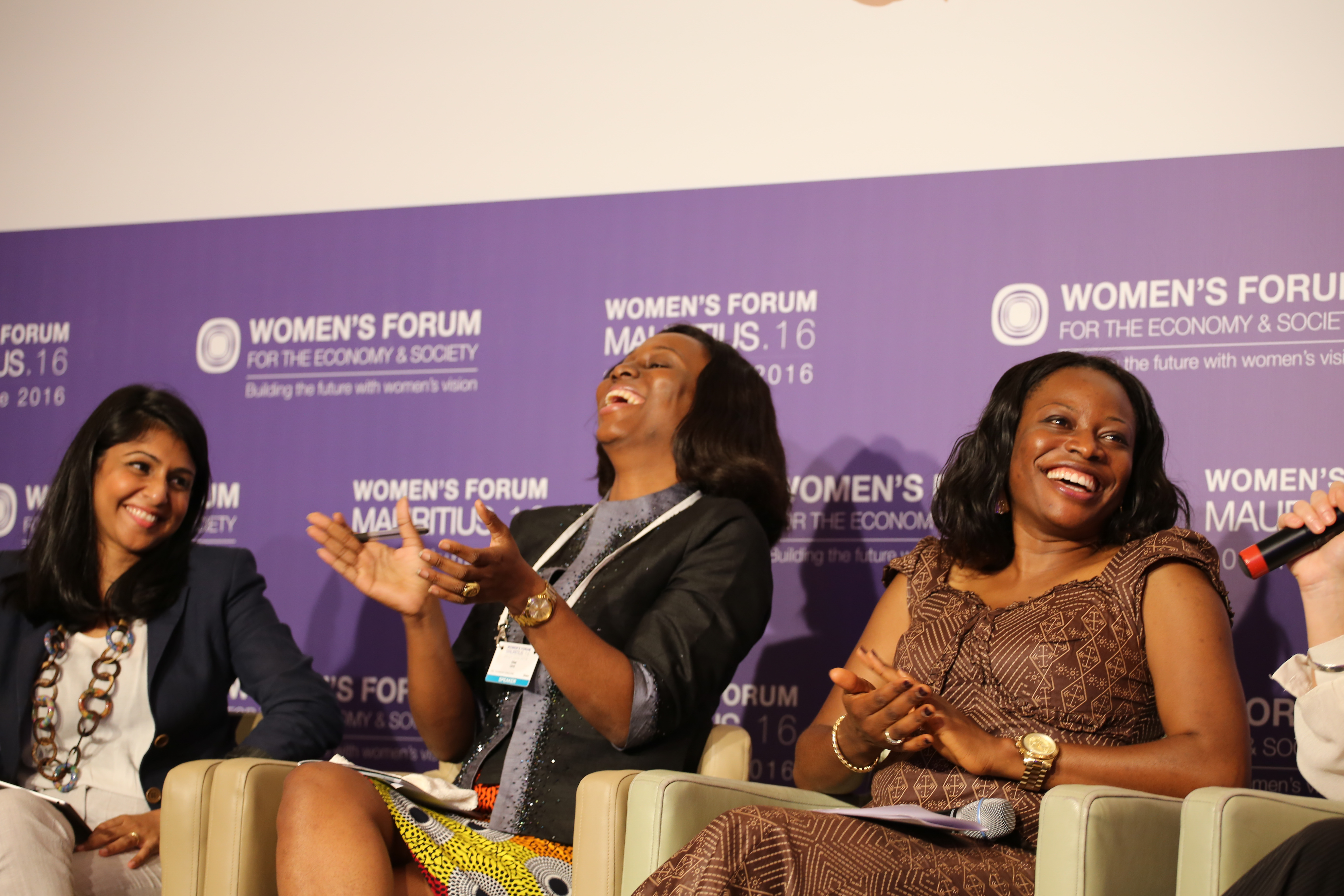I hear all too often people saying, at events and conferences, that they enjoyed the networking but that the panel discussion was disappointing.
Why does this happen? The panelists are not experts so lack credibility, pressure to put sponsors or friends in the limelight, poor moderating?
Or is it just that panelists don’t know the rules of the game?
As a professional moderator, drawing on my background as a BBC journalist and presenter, I wanted to share with you some of my observations and tips on how to become the perfect panelist.
# Be prepared – Think about why you were invited. What messages matter to the audience? What do you have to say that is interesting and new? What evidence do you have to back up your comments? What do you want the audience to takeaway?
# Arrive early – Make sure you attend the speakers briefing. Check the microphones, the seating and room acoustics. Give yourself a few minutes to relax and focus before you go on stage.
# Be clear, concise and conversational – Don’t talk in jargon, the audience won’t understand. Do not go off topic or sound scripted.
# Be memorable – Bring something personal to the discussion, an anecdote, a story or even a prop to underline a point.
# Add to the discussion flow – Don’t just repeat what the previous panelist has said. Remember to use the “yes and” as well as “yes but” techniques to keep the conversation going.
# Be engaged throughout – Listen with intent. Even when you are not talking, eyes are still on you so avoid the “emotional leakage” that tells the audience you are tired, bored or distracted.
# Be timely – Stick to the time agreed with the moderator for your opening remarks and closing comments. When the moderator or conference host indicates it is time to wrap up don’t tell them either they are too “Anglo-Saxon” or “like a Swiss cuckoo clock”. Honestly, I have not made these quotes up!
# Be courteous – Remain polite towards the other panelists. Don’t cut them off, talk down, dominate, always have the last word. Avoid having a one-on-one conversation with one of the panelists, excluding the others and the audience. I have seen this happen, and you can guess the gender of the culprit…
# Be respectful – It takes courage to ask a question in public during the Q and A session. Acknowledge the contribution. If the question is not clear, do reframe it for clarity.
# Do not rush out of the event – Stay and mingle with participants – you have just been a great panelist and can expect lots of interest in your work and ideas.
Remember it is not just about being an expert, but also being likeable and building rapport with the audience.
Related articles:
Creating a perfect panel
Taking the stress out of moderating
If you would like to attend a workshop or have a coaching session with Claire on how to moderate like a professional or have Claire moderate your event, do get in touch.

